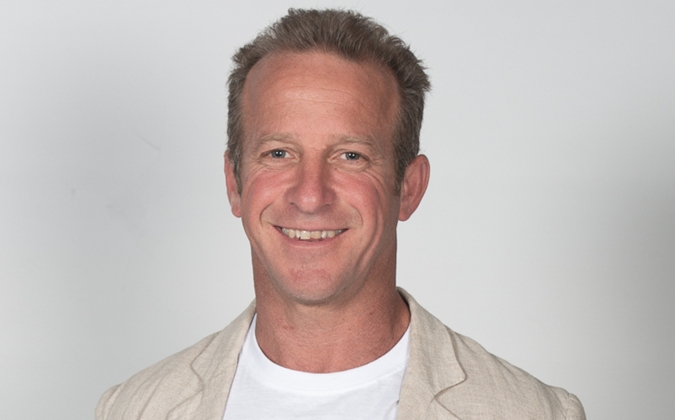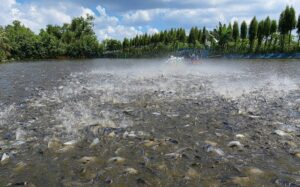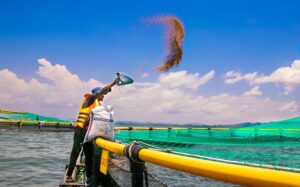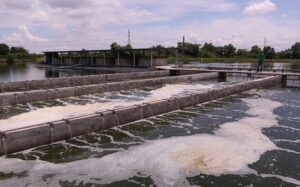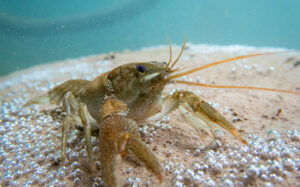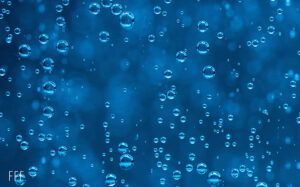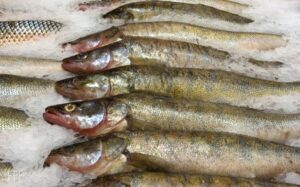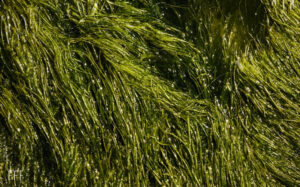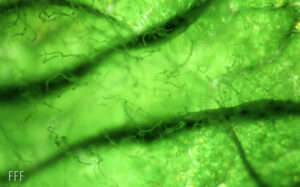The value of veterinarians in ensuring sustainability for Africa’s fast-growing aquaculture industry
Sub-Saharan Africa is enjoying an aquaculture boom — with fish health and welfare services moving in turn to meet the sector’s needs and ensure sustainable growth. In an interview, veterinarian Brandon Spolander, BVSc, MRCVS, SAVC, MSc, owner of Aquavet Africa, talks about engaging with the growing industry and addressing important gaps.
News & Trends
Diagnostic and research facilities bring new offering to Vietnamese pangasius industry
Pangasius production is booming, with a 7% year-on-year increase, and Vietnam remains the world leader in farming the species. But with continued growth comes a need for a greater emphasis on sustainability.
Bringing Africa’s aquaculture leaders together to ensure a sustainable future
The freshly formed African Aquaculture Business Leaders Network aim to use the Global Salmon Initiative’s (GSI) model of uniting business leaders to accelerate the sustainable development of African aquaculture. Sophie Ryan from GSI told us about what’s been achieved so far.
US-born aquaculture system has the potential to transform Thai fish farming
An innovative system initially designed to help US catfish farmers is offering a lifeline to fish producers across Southeast Asia who are facing increased pressure to farm more sustainably.
Chinese herbal medicine could be key to tackling globally devastating crustacean virus
Groundbreaking research has revealed that plant extracts used in traditional Chinese medicine could be the secret to managing the globally devastating white spot syndrome virus (WSSV) in crustaceans.
Could nanobubbles really revolutionize aquaculture?
Research is showing that nanobubble technologies can dramatically reduce disease risks on fish farms and potentially curb the need for antibiotics.
Understanding the phenomenon of shrinking fish and what it means for food supply
Fish are getting smaller, according to a global study over 60 years — with clear implications for global protein supply.
Algal oil shows promise as fish-oil substitute in feed for young salmon
Algal oil can replace fish oil in the feed of farmed Atlantic salmon parr without affecting their growth or ability to transition to seawater.
Microalgae found to boost broodstock and fry performance
Scientists have found that feeding Nile tilapia broodstock a diet including a type of microalgae can improve fertility, immunity and performance.

